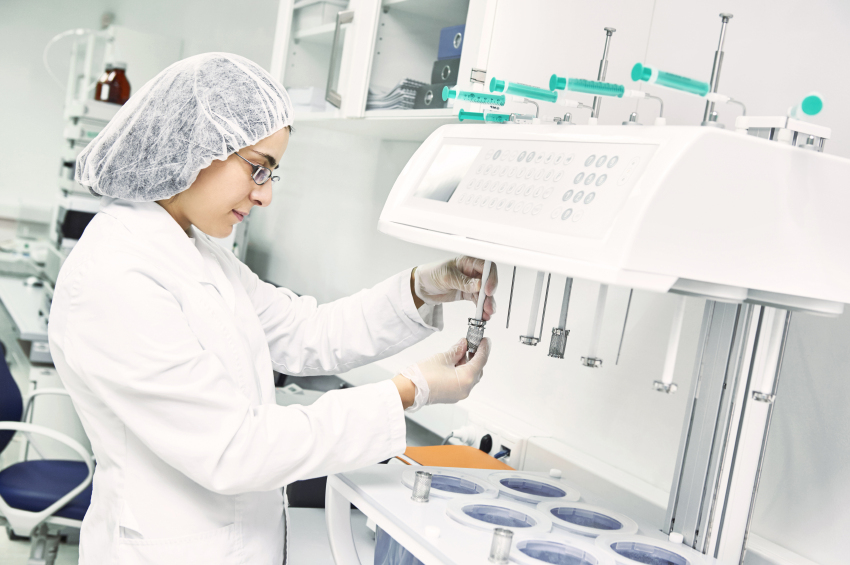
Modern pharmaceutical companies export drugs to many different countries
Today’s pharmaceutical industry is very much a global market. While traditional economic powers like the United States remain leaders in the field, new drug development, manufacturing, and trade is now taking place in increasingly diverse parts of the world. In fact, the emerging markets China and Brazil are now home to the 3rd and 6th largest pharmaceutical industries in the world.
Not only that, but companies are now manufacturing and developing drugs for distribution to a variety of different countries, each with their own regulations and guidelines. As a result, professionals in the regulatory affairs industry now face a tougher job than ever before to ensure that their products meet the required standards for sale.
Read on to find out more about how the new, more globalized pharmaceutical industry will affect your future career.
The ICH and International Regulatory Affairs Harmonization
While there is no official international regulatory body for pharmaceuticals, the International Council for Harmonisation of Technical Requirements for Registration of Pharmaceuticals for Human Use (ICH) was established in 1990, and works in co-operation with each of its member states to develop a comprehensive framework for the harmonization of regulatory affairs regulation.
The organization originally only consisted of regulatory bodies from the USA, the European Union, and Japan, but officially expanded in 2015 to include other members, including Health Canada.
The work of the ICH helps to ensure more standardized and safe pharmaceutical products around the globe while also allowing drug companies to get their products approved in multiple markets more quickly.
Global Pharmaceutical Regulations and Your Regulatory Affairs Career
As a result of increased globalization, the role of professionals with regulatory affairs certification has become increasingly important. The regulatory team in a pharmaceutical company had traditionally been a part of research and development, but now these teams often take a more central role in a number of key areas including:
- New Drug Development
- Manufacturing and Quality Control
- Regulatory Research and Policy
- Regulatory Submission
- Product Labelling and Promotion
Because of their increased responsibility, regulatory teams also play a crucial role in overall strategy, helping to spearhead product development from conception all the way up to commercial release.
Challenges Facing Regulatory Affairs Regulation in a Globalized World
Globalization still presents many challenges to the pharmaceutical industry. For example, since pharmaceutical companies have facilities all over the world, it’s not uncommon for different parts of the manufacturing process of a drug to take place in different countries.
This can result in an increased risk of product contamination, and companies have needed to revise their inspection process. They have also needed to invest in sophisticated serialization and tracing technology that allows them to track every pill as it moves through complex supply chains.

Traceability is crucial to stopping the supply of counterfeit drugs
Traceability is also important in helping to crack down on the number of counterfeit drugs on the market, which has become more widespread in recent years. Fortunately, with these new approaches and the hard work of top professionals, pharmaceutical products can stay safe across global markets.
Interested in being part of a growing global industry?
Contact us to learn more about our regulatory affairs programs.



